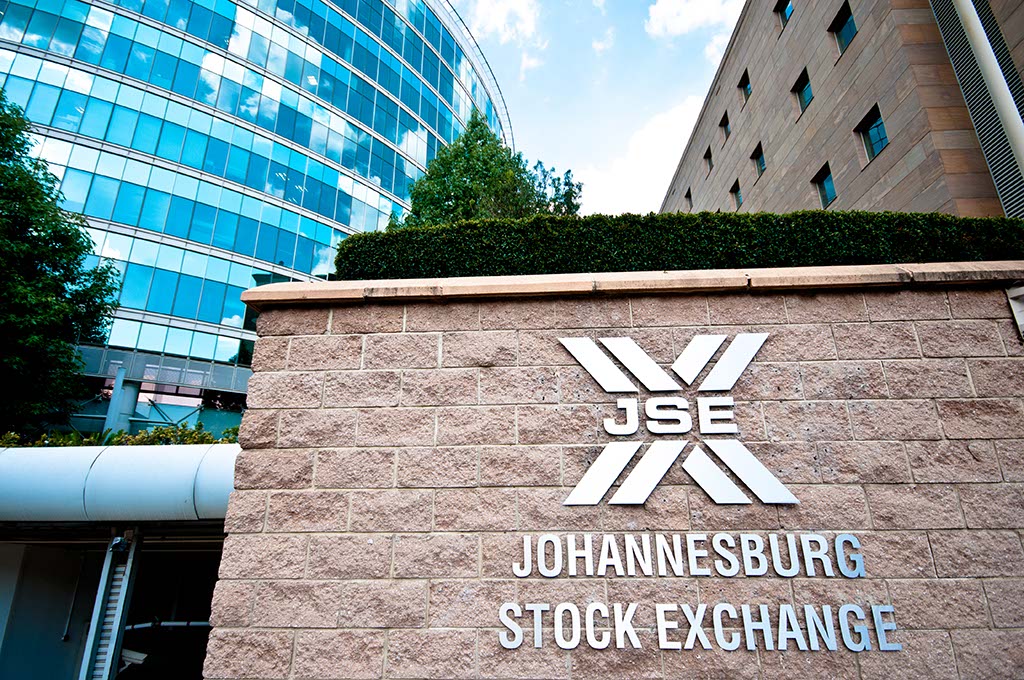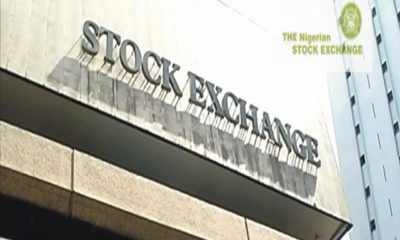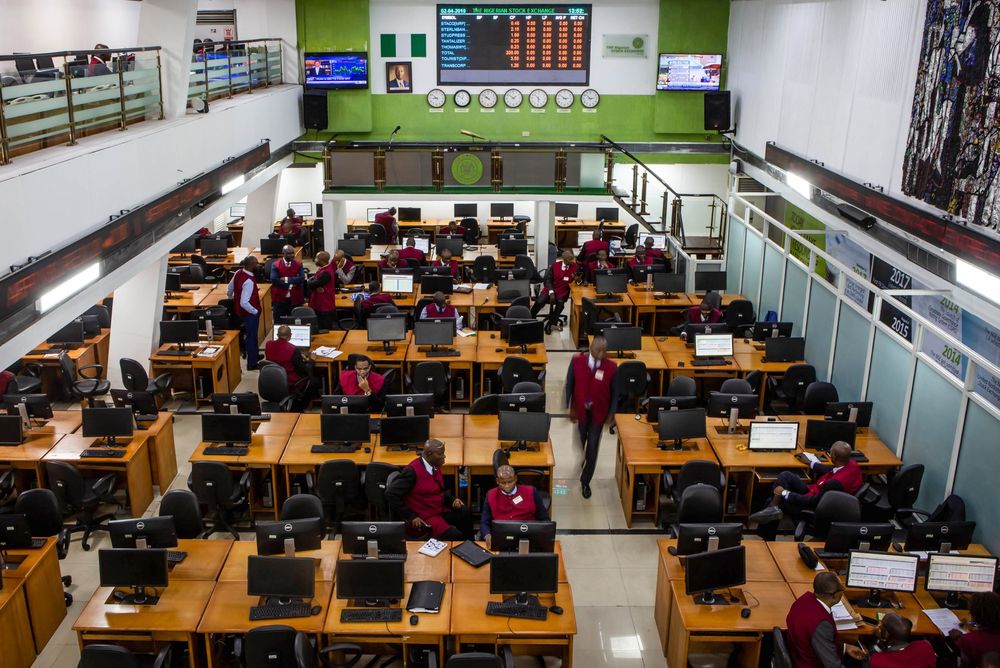Stock Market
South Africa’s Stock Market Adjusts Listing Rules to Lure More Companies
South Africa’s stock market on Thursday announced it was making moves to adjust some of its listing requirements for firms looking to list their shares on the Johannesburg Stock Exchange (JSE) to lure more companies to the stock market.

Nigerian Exchange Limited
Nigerian Exchange Continues Bearish Trend, Investors Lose N673bn
Nigerian Exchange Limited
Nigerian Stocks Open Week with 0.17% Gain, Banking Sector Leads Market Rally
Nigerian Exchange Limited
Nigeria’s Market Falls 1.09% Amid Decline in Key Sectors
-

 Forex3 weeks ago
Forex3 weeks agoZiG to the Rescue: Zimbabwe Shifts Gear with New Currency Backed by Gold
-



 Naira2 weeks ago
Naira2 weeks agoDollar to Naira Black Market Today, April 9th, 2024
-

 Billionaire Watch2 weeks ago
Billionaire Watch2 weeks agoNigerian Billionaire Tony Elumelu Contemplates Acquiring NPFL Club
-





 Naira2 weeks ago
Naira2 weeks agoDollar to Naira Black Market Today, April 8th, 2024
-





 Naira2 weeks ago
Naira2 weeks agoNaira Hits Eight-Month High at 1,120/$ Amidst Central Bank Reforms
-





 Naira1 week ago
Naira1 week agoDollar to Naira Black Market Today, April 17th, 2024
-





 Naira3 weeks ago
Naira3 weeks agoDollar to Naira Black Market Today, April 1st, 2024
-





 Naira4 weeks ago
Naira4 weeks agoNigerian Naira Surges to N1,350 per Dollar in Parallel Market





















